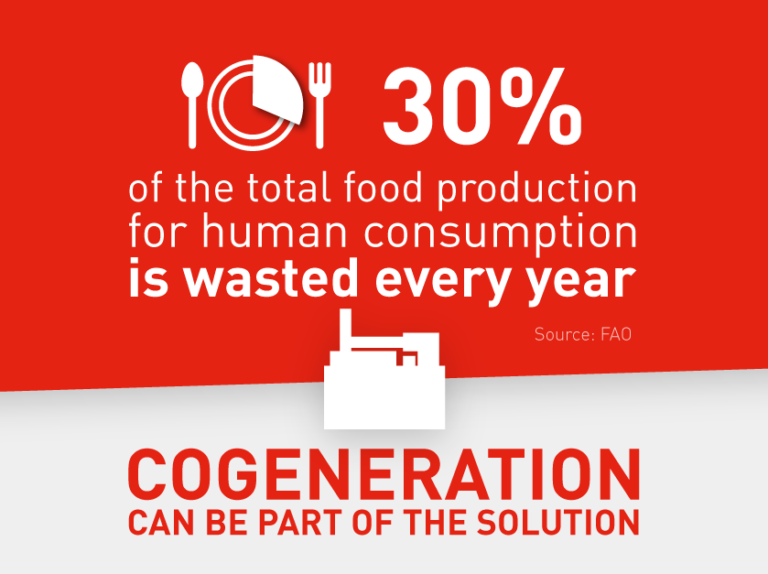
Food is life. But food waste is an economic, ethical, environmental problem. A huge problem. Not entirely recognized, publicized and understood. Do you know what is the percentage of food that is wasted every year? 30% of the total food produced for human consumption– roughly 1.3 billion tons per year. This is an economic problem because food waste has a value of $680 billion in industrialized nations and $310 billion in developing countries (source: FAO).
It is an ethical problem because more than 1 billion people suffer from hunger. One in every six people on Earth don’t get enough food to live a healthy life (source: The World Facts). Every year, consumers in rich countries waste almost as much food (222 million tons) as the entire net food production of sub-Saharan Africa (230 million tons).
Finally, food waste is also an environmental problem: water and land are squandered. Food waste sent to landfill gives off methane which is around 20 times more harmful to the environment than CO2. Moreover, with food waste, 8% of global greenhouse gas emissions are needlessly produced, contributing to global warming and climate change (source: European Commission).
Of course, the problem of food waste must be solved at radix. Reduce, reuse and recycling (3R strategy) should always be given preference in a typical waste management system. But the reality is that there is an asymmetry between where most of food waste is produced and where starving people are.
Thus, if we take a closer look at the numbers, some of the issues related to food waste can be partially solved through energy, CHP in particular.